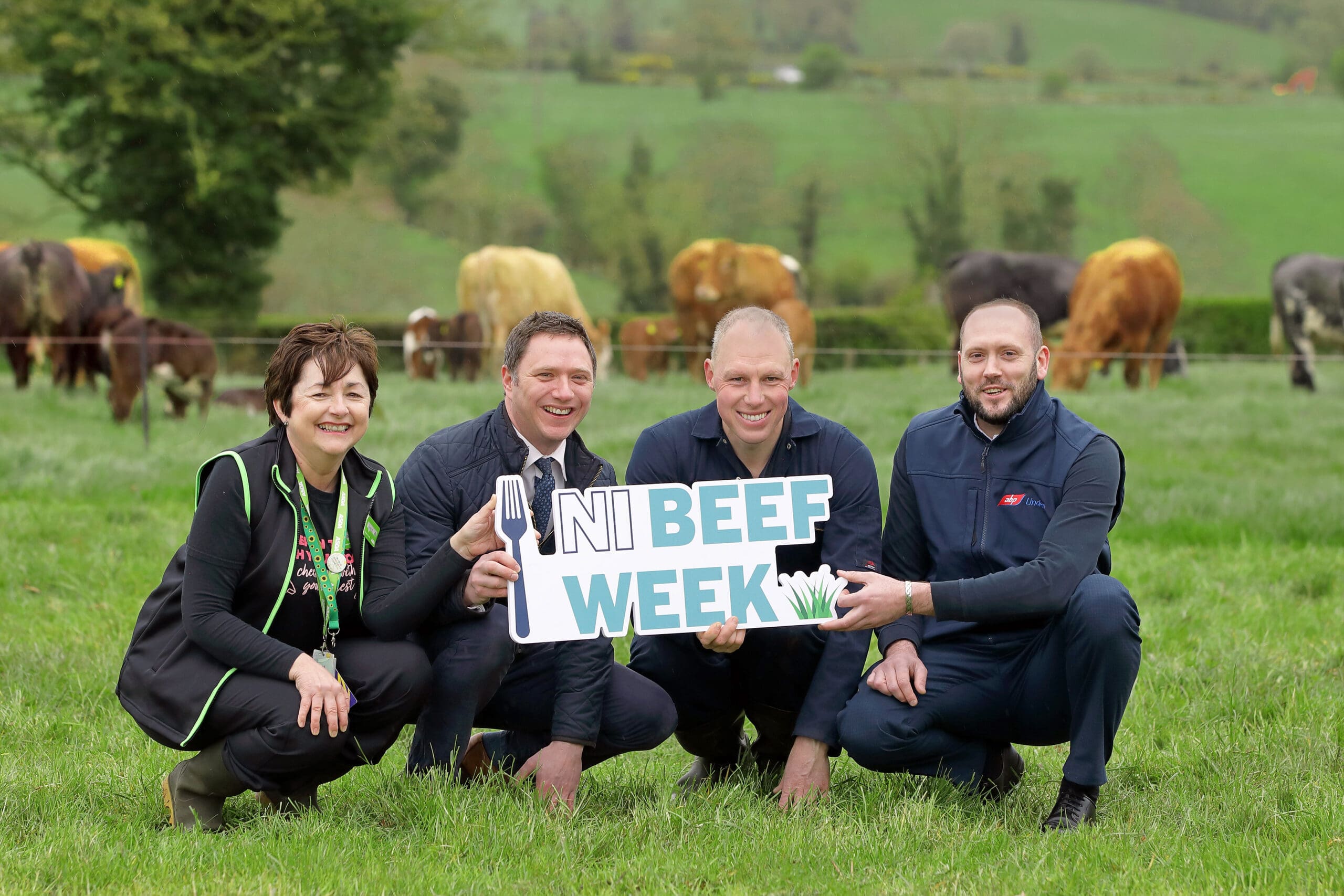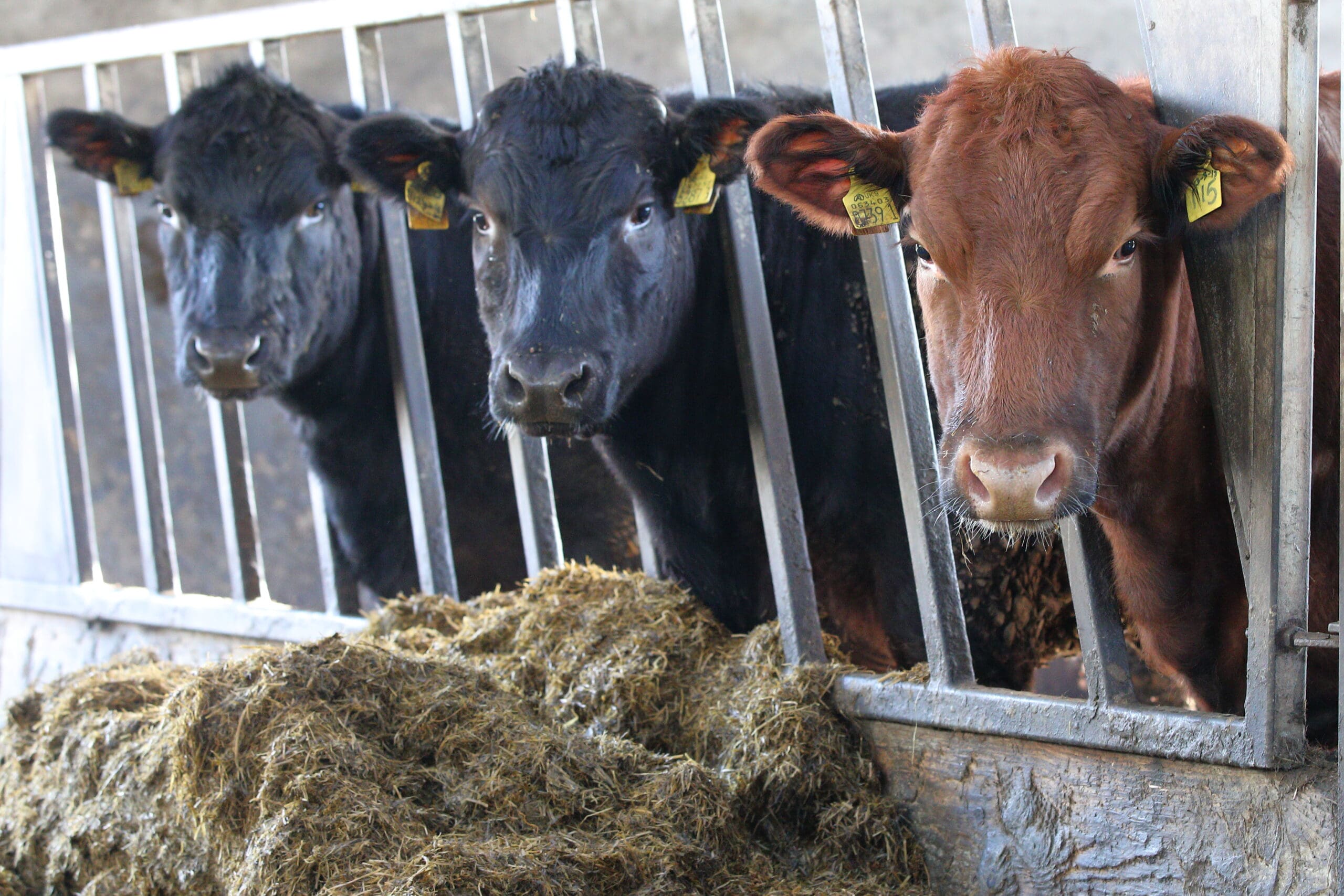Commodity Watch – Animal Health and Welfare committee update
Members of the Animal Health Committee continue to meet with DARD on a quarterly basis in order to keep a close eye on the status of TB in Northern Ireland. At the latest meeting of the TB stakeholder group it was outlined that the number of herd incidences has been steadily reducing to the most recent figure of 5.95% as of 30th September 2014, and that the number of new herd breakdowns has also reduced by approx. 9%. Animal incidence has also fell steeply over this last couple of months but has now levelled off again. Individual reactor numbers have remained fairly constant in comparison to this time last year.
At the beginning of this year, the Ulster Farmers’ Union provided a written submission to the Independent TB Strategic Partnership Group (TBSPG) outlining the Union’s views with regards to the control of Bovine Tuberculosis in Northern Ireland. This included how it would be possible to reduce the incidence of TB in cattle and its impact on the Northern Ireland farming industry over a period of years, and also how the cost of the programme could be reduced. The main aspects covered within the UFU’s response included biosecurity, testing, cattle movements, compensation, vaccination and how best to deal with TB in wildlife. Next month, the UFU will be meeting with the Strategic Partnership Group in order to fully discuss the issues outlined within our submission.
Significant progress has also been made regarding Brucellosis in Northern Ireland, with the last confirmed case of the disease in February 2012. DARD is now in a position to send an application to the European Commission to seek Officially Brucellosis Free (OBF) status. In November, changes to the pre-movement processes has led to the age of eligibility for pre-movement testing being raised from 12 to 24 months and the validity of the test being increased from 30 days to 60 days. Subject to Northern Ireland receiving an officially brucellosis free status, it is hoped that further testing relaxations will be implemented, reducing both the practical and financial burden on Northern Ireland’s farmers.
In addition, work is still on-going on the eradication of BVD in Northern Ireland and while progress has been much slower than planned or hoped for, it is anticipated that the programme will finally become compulsory in Northern Ireland mid-2015, subject to the satisfactory resolution of several important practical issues.




